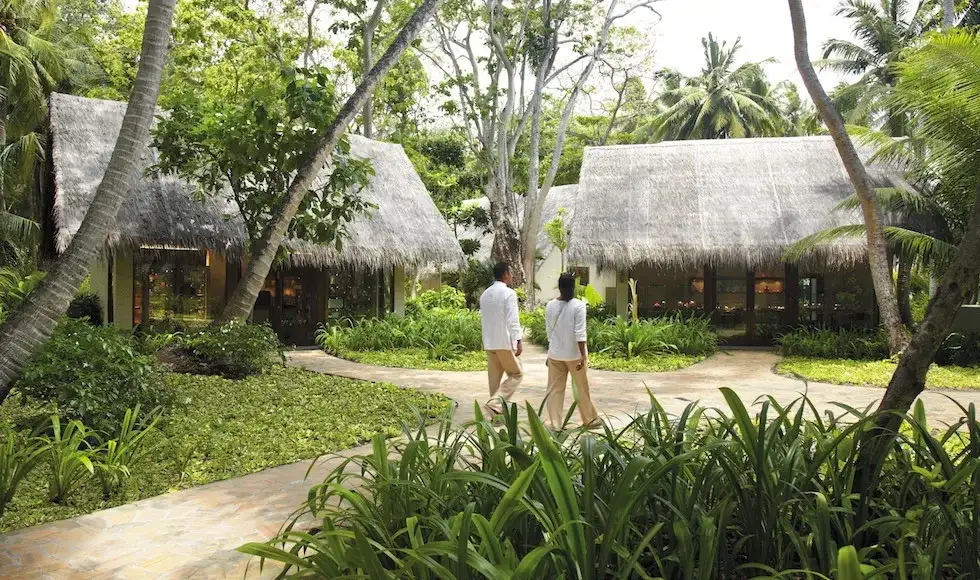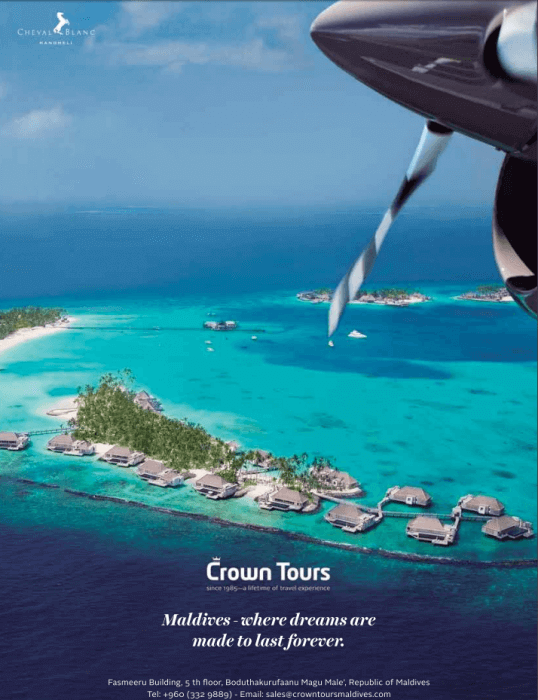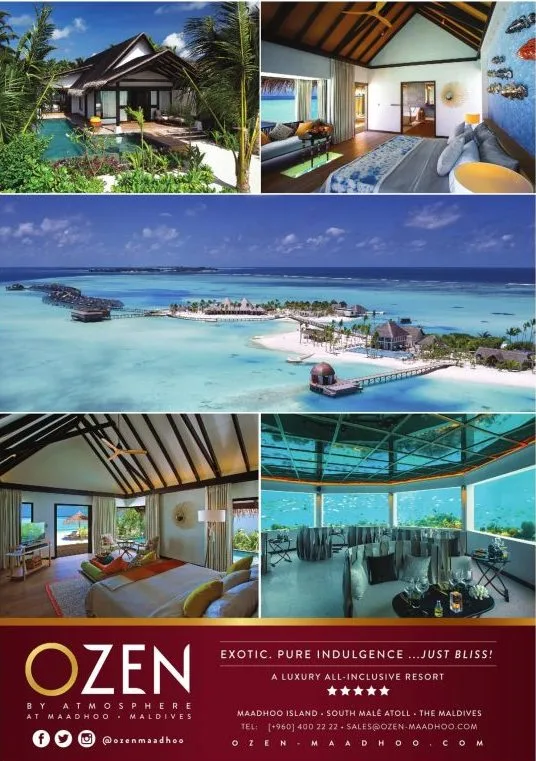Maldivian culture is a rich potpourri of influences from the earliest settlers, many among whom were seafaring traders sailing through the Indian Ocean from Arab, South East Asian and African countries. Maldivians are of Dravidian, Indo-Aryan and Arabic descent. There is some archaeological evidence suggesting that Buddhism and Hinduism were the dominant religions prior to the emergence of Islam, which became the official state religion in 1997. Traces of Sanskrit, Sinhalese (spoken in Sri Lanka), Arabic and English can be found in Dhivehi, the native language of Maldivians.
The locals are friendly and hospitable. There is a sense of community feel with generations of families living under one roof and supporting one another. Islam is central to their way of living, with religious education being imparted at school and at home.
Unless you’re staying at an island Maldives Resorts, avoid wearing scanty clothes or beachwear as it is bound to offend the locals. The government enforces strict dress codes and as such it is best to stay on the right side of the law by dressing modestly. If you plan to visit one or more of the island’s mosques, keep your legs and body (except your neck and face) covered.
If you’re calling on someone, take off your shoes before entering their home. Shaking hands is a traditional and customary form of greeting. Steer clear of making insensitive remarks about religion or culture when conversing with locals.
While tipping is not compulsory in Maldives given a 10% service tax on everything, tourists don’t shy away from giving away cash tips to hospitality staff. You can tip on a daily or weekly basis, or leave it till the end of your holiday.



